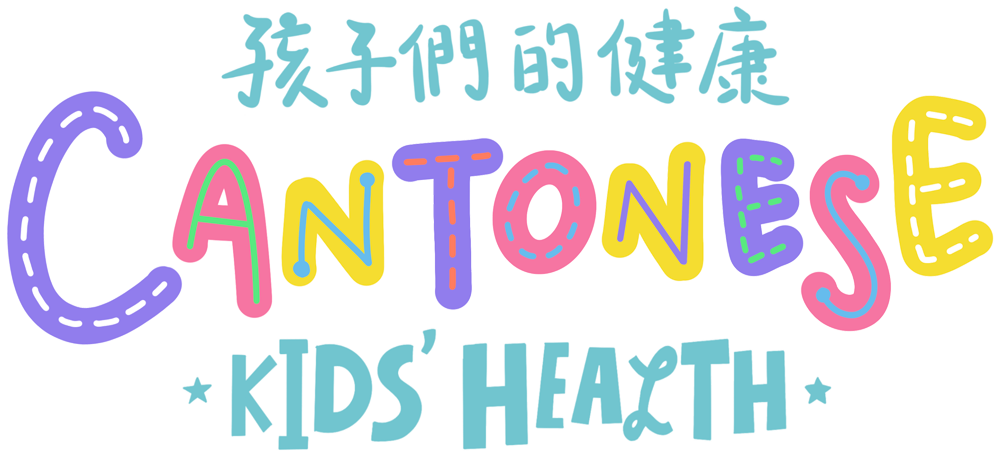現在,黑人、原住民和有色人種比以往任何時候都更孤立和痛苦,而肺炎、戰爭和種族主義等全球危機都促進了他們獲得有科學根據的資訊和渠道。因此,很多父母都在網上和社交平台上尋找育兒資訊。可是,網上現有的育兒資訊主要以西方和英語為主,而且許多都不是基於科學證據。所以,現有的資訊是無法滿足來自邊緣化社區的家庭。研究表明,當與自己有相同背景的專業人士 (包括種族身份和語言) 提供意見,邊緣化社區中的人會更容易信任、接納和應用這些意見。 因此,我們的團隊認為有迫切需要去提供無障礙、有代表性、乎合不同文化的育兒資訊,以支持父母和他們的孩子。所以,在 2021 年,我們通過社交媒體創建了旁遮普語版「孩子們的健康」(Punjabi Kids’ Health),提供免費和乎合該文化的育兒資訊,並鼓勵社區參與,以滿足加拿大裏旁遮普社群的需求。鑑於這個頻道的成功,我們在 2022 年又推出了另外9 個頻道,包括粵語版「孩子們的健康」(Cantonese Kids’ Health)。我們的目標是增強家長的自主和育兒能力,減輕他們的壓力,創建一個給予支持的網上育兒平台,讓醫療保健提供者提供乎合文化和有科學根據的育兒資訊,從而改善粵語社群的整體健康。
Now more than ever, Black, Indigenous and People of Colour are experiencing isolation and distress and global crises like COVID-19, war and racism have exacerbated their access to evidence-based supports and networks. As a result, parents are seeking connection and parenting information online and through social media. However existing online parenting resources are primarily Eurocentric and in English, and many are not evidence-based. Families from marginalized communities have unique needs that are not met with existing resources. Research indicates that when individuals in marginalized communities receive health information from professionals who share their lived experience – including racial identity and language – there is greater trust, uptake and application of health information into positive health behaviours.
Given this our team knew that there was an urgent need to develop accessible, representative, culturally relevant parenting resources to support parents and their children. So in 2021, we created a free, culturally-congruent parent support resource delivered through social media and co-designed using community-based participatory methods called Punjabi Kids’ Health to address the needs of the Punjabi-Canadian community. Given the success of this channel, in 2022, we launched an additional 9 channels including Cantonese Kids’ Health. We aim to improve overall wellness in the Cantonese community by empowering parents, improving parenting competence and stress, creating supportive virtual parenting communities and sharing culturally-relevant, evidence-based parenting resources with healthcare providers to share with their patients.
